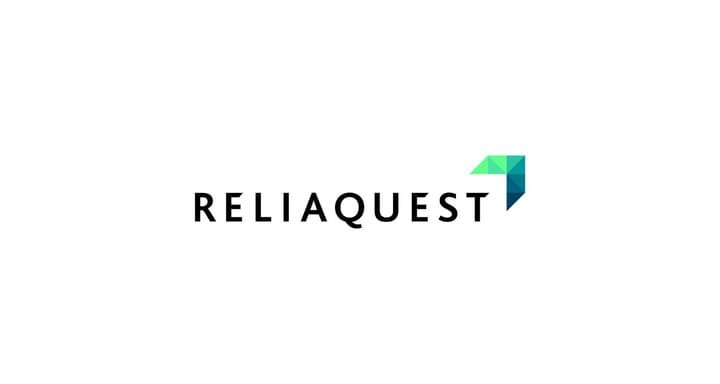AI Governance: Why Enterprises Are Making It a Priority
Let’s dive into AI governance. What it is, why enterprises are prioritizing it, and the companies leading the charge in this rapidly growing space.

AI is reshaping industries, but with great power comes great… well, regulatory scrutiny. As enterprises race to integrate AI into their operations, AI governance is becoming a top priority at the leadership level.
The State of AI Report by McKinsey revealed that 28% of organizations using AI have their CEO overseeing AI governance. However, this figure is lower in larger companies with over $500 million annual revenues. Additionally, 17% report that their board of directors is responsible for AI governance.
What Is AI Governance?
AI governance refers to the policies, frameworks, and ethical considerations that guide how AI systems are developed, deployed, and monitored. It ensures AI is used responsibly, ethically, and in compliance with regulations. Without governance, AI can introduce bias, security risks, and compliance nightmares.
A solid AI governance framework typically includes:
- Ethical AI principles (transparency, fairness, accountability)
- Compliance with regulations (GDPR, AI Act, etc.)
- Risk management (bias detection, security protocols)
- Auditability & Explainability (ensuring AI decisions can be understood)
Why Enterprises Are Adopting AI Governance
Research shows that companies with a comprehensive, responsible approach to AI earn twice as much profit from their AI efforts compared to those without such practices.
Beyond the financial upside, enterprises are investing in AI governance to:
- Stay ahead of regulations – Governments worldwide are tightening AI laws, and compliance failures can lead to hefty fines.
- Protect brand reputation – AI bias and ethical missteps can turn into PR disasters, eroding public trust.
- Strengthen security & privacy – Mishandling AI-driven data can open the door to legal and cybersecurity risks.
Key Players in AI Governance
A new wave of companies is emerging to help enterprises navigate AI risk management, compliance frameworks, and secure AI integration.
Here are some of the companies making moves in the AI governance space:
- Darwin ($5M Seed) – Darwin specializes in AI security and governance for the public sector, helping government agencies implement responsible AI frameworks.
- AIceberg ($10M Seed) – AIceberg provides a generative and agentic AI platform for government and enterprise clients, ensuring compliant AI deployment at scale.
- GovEagle ($2.5M Funding) – A Washington, DC startup offering an AI-driven proposal platform tailored for government contractors.
- Singulr AI ($10M Seed) – This Palo Alto-based company focuses on AI governance and security, providing enterprises with the tools to monitor and manage AI risks.
- OpenGov Acquired Ignatius – OpenGov, a leader in government software, acquired Ignatius, a company specializing in low-code AI governance platforms.
Enterprise Adoption & AI Governance Jobs
Enterprises are not just talking about AI governance—they’re hiring for it. Roles such as AI Governance Lead, Responsible AI Officer, and AI Risk Manager are emerging across industries.
Looking to land one of these high-paying AI governance jobs? Check out our list of the hottest AI roles and hiring trends:

As AI regulation tightens and businesses realize the financial upside of responsible AI, AI governance can soon go from a“nice-to-have” to a need-to-have in order to do business.




